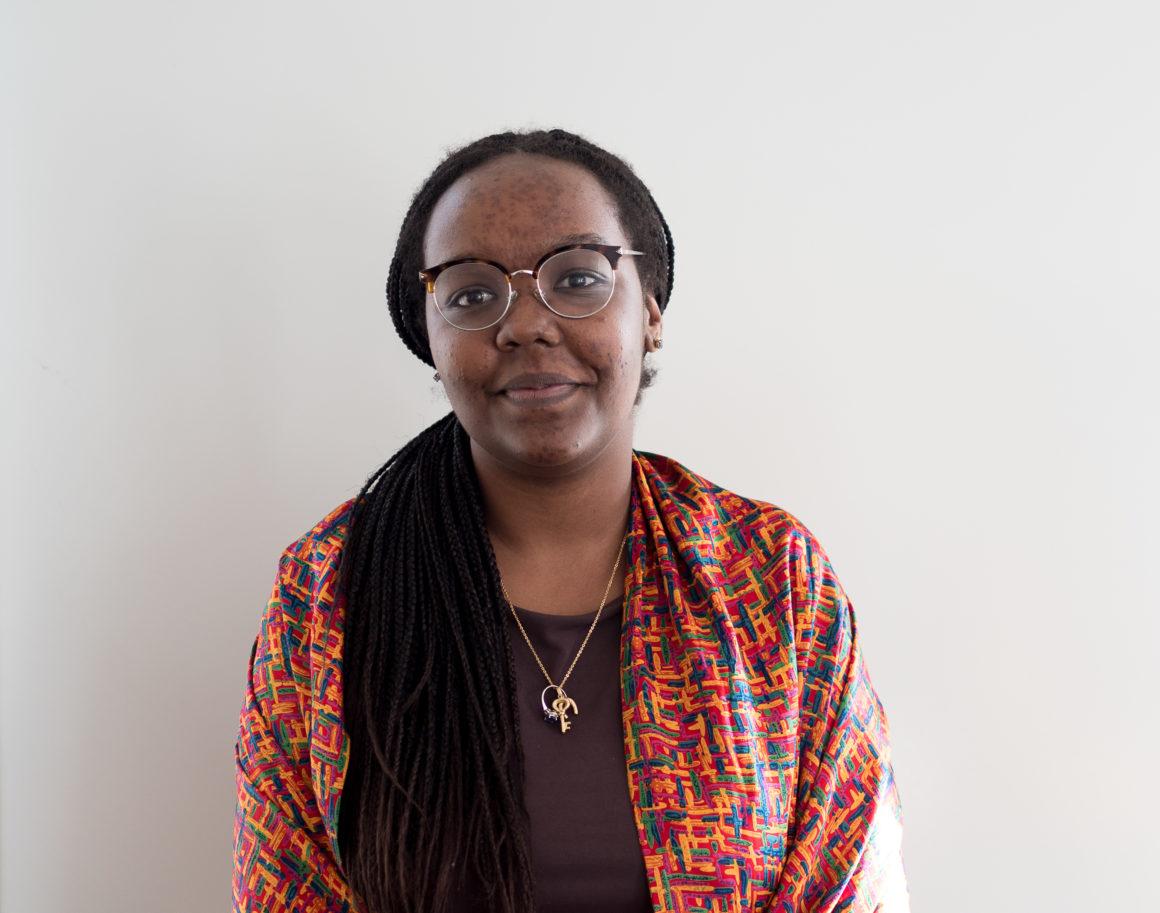
The election of a new director general for the World Health Organization (WHO) brings with it a set of expectations for a new era. This election is especially interesting because the chosen man is the first African to ever hold the position. Dr. Tedros Adhanom Ghebreyesus is both the former Ethiopian health minister and foreign minister. He has also served as the chair of the Global Fund to Fight AIDS, Tuberculosis and Malaria (GFATM).
The WHO serves as a technical and normative leader in global health. Not only does the organization provide healthcare services all over the world in times of emergency, it also sets the global health agenda. The organization was formed after World War II as a replacement for the health organization that existed under the League of Nations. As the official UN health organization, the WHO has 194 member states and legitimacy unmatched by other health organization. For the first 50 years of its existence, the WHO’s legitimacy over the international health agenda was never challenged, at least not until the emergence of new global health organizations primarily funded by the Bill and Melinda Gates foundation (BMGF). These organizations include GFATM, GAVI, the Vaccine Alliance and the Joint United Nations Programme on HIV and AIDS (UNAIDS).
Although the WHO is the most powerful and recognized international health organization, the new global health players have far more consistent funding. The strength of the WHO lies in its political power and international recognition, but its dependence on these factors is also its greatest weakness. Because 194 nations are members of the WHO, the member states must agree on the agenda set every year while also fulfilling their financial obligations, a task easier said than done. As Tedros steps into his new position, the global health arena is nearly unrecognizable from what existed in the formative years of the WHO. Regardless of the challenges ahead, Tedros’ impeccable background remains undeniable, making him well-suited for his new role.
When I was abroad, I had the pleasure of watching the debate among the three final candidates for the director general position at the Graduate Institute of International and Development Studies. As a part of my global health course, all students in the class were required to watch the debate, which was followed by a class debrief. I must admit that when I first walked in, I had my own image of how a male African politician operates. I wasn’t sure how I would react to Tedros’ opinions. I decided to go in with an open mind, with a willingness to be swayed by whoever would emerge as the best candidate. I am very glad he proved me wrong. Out of the three candidates (the other two were Dr. David Nabarro and Dr. Sania Nishtar), Tedros ended up being the candidate who appeared most natural and approachable. He engaged well with the audience, offering several anecdotes about how he came to hold certain opinions on healthcare. Global health diplomacy ties health and diplomacy together to develop a more efficient global health system. Tedros had the rare privilege of being both health and foreign minister. In today’s world, where global health diplomacy is an actual emerging field, he truly appears to be the perfect fit.
The WHO is continuously criticized for its bureaucratic weaknesses, but the necessity of its existence is not up for debate. It is the only health organization that can mandate countries to work for the production of global health structures, such as universal health coverage and the containment, prevention and cure of diseases. What does Tedros’ African identity mean for people’s expectations? He has had a phenomenal career in Ethiopia, but now he is in a whole other ball game. I don’t think his Ethiopian or African identity will cause him to work any differently in comparison to the efficient director generals of the past. We are all rooting for him.
— Aminata Kinana ’18





















































